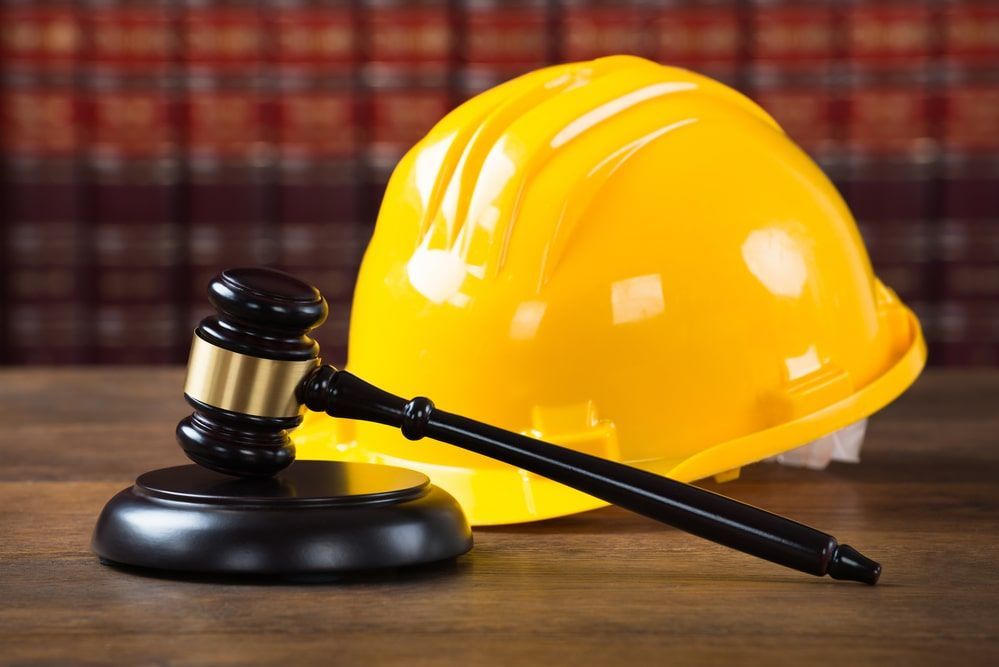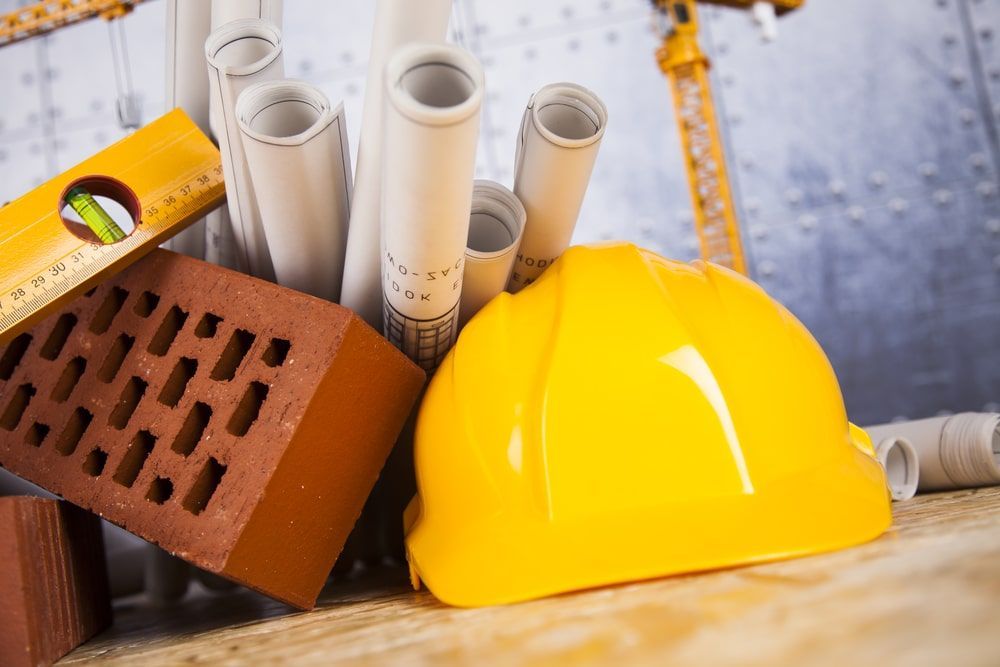Construction Escrow: What Contractors & Suppliers Need to Know

Escrow is a legal arrangement in which a third party temporarily holds funds until particular conditions have been met. Construction escrow accounts are often set up by lenders and project managers to hold money designated for construction projects.
Construction projects of all sizes in Florida usually involve many stages, a high degree of risk, significant construction loans and large sums of money exchanging hands. For these reasons, construction escrow accounts can be very useful tools for disbursing funds between contractors, suppliers, lenders and property owners safely and securely.
Construction escrow and funding
Generally, when a building is remodeled or constructed from the ground up in Florida, the property owner must make payments along the way via a construction loan. Few owners can finance a renovation or building project with their funds alone.
If the financial institution or lender’s funds go into a construction escrow account, the legal oversight afforded by this can help to minimize risk for the parties involved in the transaction.
The funds are held in the construction escrow account until the pre-agreed work on a stage of the project is completed and checked. The agreed amount is then released by the escrow agent to pay for the project stage.
The escrow agent generally receives a fee for the service of managing the escrow account.
Why is escrow needed for construction projects?
Construction escrow accounts help ensure that construction funds for the project are properly disbursed and that the risk of title issues between the parties in the project is reduced.
These accounts facilitate guaranteed payment processes for contractors, ensuring that the lender makes the pre-agreed stage payments and is not compromised with construction liens.
The property owner’s peace of mind from construction escrow largely comes from the knowledge that contractor liens will be properly released (so that there are no issues with selling the property in the future) and that the correct payments are made at the appropriate construction stages.
How do construction loans work in Florida?
Almost every major construction project in Florida requires some form of construction loan. As part of the project management process for the constriction project, the property owner will need a binding legal agreement that includes progress payments and outlines the scope of work required before the contractor receives payment.
The “draw schedule” for the funds should include an estimated timeframe so that the construction project is completed on time. It should also stipulate how draw requests should be made (e.g., in writing with invoices presented).
Once each stage is completed, an inspection should be conducted before the draw request is approved by the owner or lender. The funds are then released by the title/escrow agent to the contractor. Sometimes, the property owner pays the funds directly and the escrow agent will need to reimburse the owner.
Once the process has been completed, the appropriate contractor lien releases are obtained and recorded by the escrow agent to avoid any title issues.
What do contractors need to know about construction escrow accounts?
Because of the central role of construction escrow in project management, contractors should familiarize themselves with how these accounts work.
Bear the following in mind before embarking on your next construction project:
Usually, a general contractor is aware that an escrow account is being used on a particular project, but a standard sub-contractor or supplier may not know — unless a payment or construction issue arises.
Construction escrow accounts often work silently in the background. If everything goes according to plan, few people may be aware that an escrow account is distributing the funds.
Construction escrows are not just for the benefit of the property owner.
Because an escrow account must be funded before any work begins and it’s a legal arrangement with a third party (usually a bank or title company), contractors don’t have to worry about being paid if all of the agreed work is performed to the required standard.
There may be additional steps and parties involved in construction escrow accounts than in other payment systems for construction work.
This can mean that you’ll need to wait a little longer for payment — although the extra safeguards in place for construction escrow accounts are usually worth a little additional delay.
To protect yourself as a general contractor on any project, you may request an escrow account be set up by your customer to facilitate payments — even if there is no construction loan.
A bank or other lender needn’t fund the account. Instead, the account may be funded by the property owner directly if preferred. The escrow agent simply manages the payments according to the agreed instructions.
If you are uncertain about the financial status of your customer, an escrow account can ease concerns you have about being paid for your work. This is especially important for large construction projects but can apply even to smaller buildings or renovation projects.
It is common for general contractors to request such arrangements, but subcontractors and suppliers may not see the need except when the risk is high for them. Remember that additional costs are incurred by running a construction escrow account because a third party must be paid.
Construction escrow accounts must be used only for specific stated purposes and carefully managed to this end. The account manager will require documentation proving that each draw request is legitimate.
Documents showing work completed and proof of costs are usually required — often in addition to an inspection of the construction work.
At Bennett Legal Group in Orlando, we are here to help with your legal needs. Call us today at 407-734-4559 to contact us with any questions about our services.
The post Construction Escrow: What Contractors & Suppliers Need to Know appeared first on Bennett Legal Group, P.A..

















